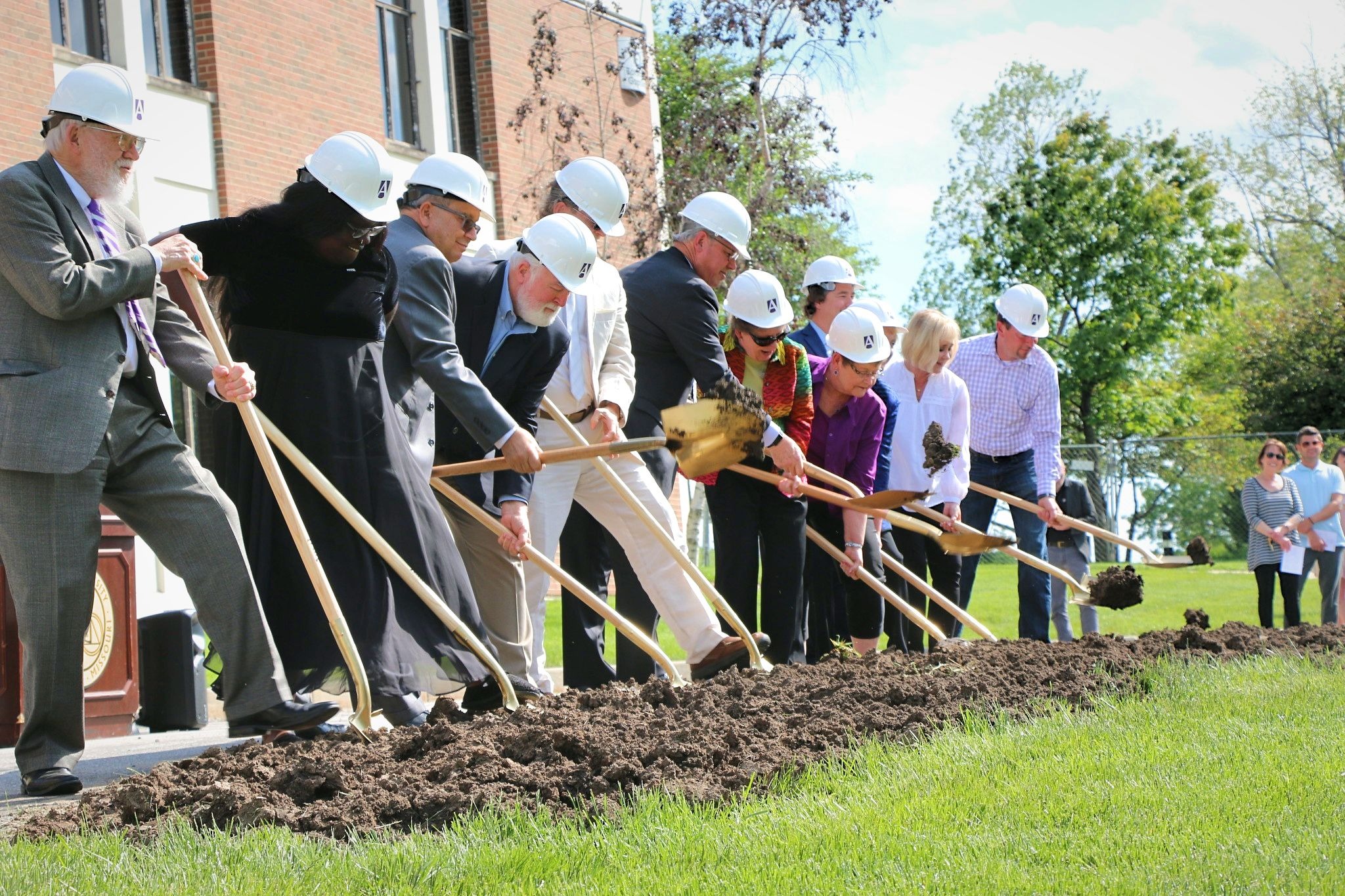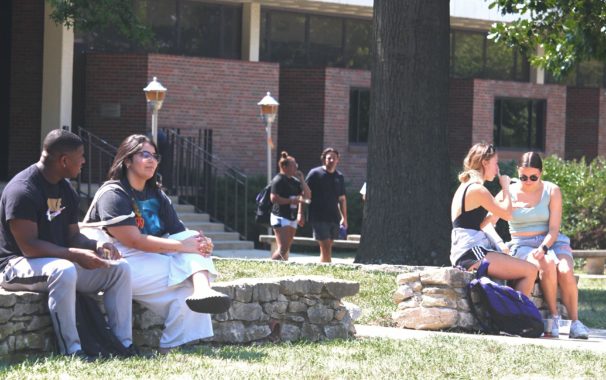About one-third of all college students in the United States are first-generation — students those whose parents did not attend college. Being the first in their immediate family to pursue higher education, they often face significant obstacles in pursuing their education, including financial challenges and a lack of awareness about the college application process. Despite these hurdles, first-generation college students are important university community members. They bring a unique perspective to campus, and their success can inspire others in their families and communities to pursue higher education. Additionally, first-generation students often have strong academic records, as they have had to work hard to overcome the disadvantages they face. As a result, they are an asset to any university.
While each student’s college journey may differ, first-generation students often face unique challenges and obstacles. But despite the challenges, first-generation students have the potential to change the trajectory of their lives, their families, and their communities.
The Importance of Higher Education
A college degree is increasingly becoming necessary to succeed in today’s economy. In fact, according to the Institute for Higher Education Policy, “70 percent of jobs in the next decade will require some form of postsecondary education and training.” College degrees offer graduates higher earning potential and better job opportunities. According to Payscale, “the average return on investment (ROI) for a four-year private college is 12.5 percent. For a four-year public college, the ROI is 5.6 percent.”
A college degree can also be the key to achieving the American dream. For first-generation college students, the unknown of college is daunting. They are the first in their family to navigate the world of higher education and often do not have anyone to turn to for advice or support.
The good news is that more resources and support systems are available now than ever for first-generation college students. Organizations like First Generation Student Union (FGSU) provide community and resources for first-generation students as they navigate their way through college and beyond. KC Scholars is a program in Kansas City that brings resources and student support to first-generation and underrepresented students. In addition, many colleges and universities, including Avila University, where nearly 50% of the student body is first-generation students, now have programs specifically designed to support first-generation students through their academic journey.
The Benefits First-Generation College Students Bring to Campus
While each student’s college journey may differ, first-generation students often face unique challenges and obstacles. But despite the challenges, and like all students, they have the potential to change the trajectory of their lives, their families, and their communities. First-generation students often have a different perspective on higher education than their peers. They are more likely to be motivated and determined to succeed in college. They also tend to be more resourceful and creative in their approach to academics and campus life.
First-generation students also play an important role in breaking down barriers for other low-income and marginalized students. They provide support and mentorship to other students who may be struggling with the transition to college life. First-generation students are change agents on campus and in their communities. They can change the trajectories of their lives, families, and communities.
The challenges first-generation college students face are real, but so are the rewards. With hard work and determination, first-generation college students can change their lives, their families, and their communities for the better. Pursuing higher education is an important step in achieving success in today’s economy—and first-generation college students have the potential to make a big impact.

